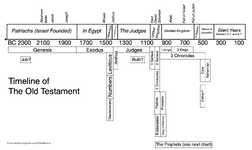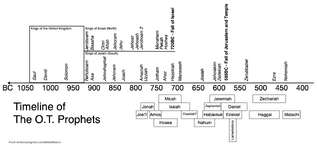Absolutely. It's one of the explanations why they may be ignoring the whole (obvious) part of their getting what they desire, including worldly power, in exchange for being on the side of evil. I think the deception is that they believe that they are special and thus also can get this special knowledge of things (including technology). What's even more interesting is that they totally involved in religious and "spiritual" living! It's just a spirit of evil and chaos.I am also convinced that many of the elites are Gnostics
Even with the evil one, I always found it absurd that he fights against God, fighting against truth and knowing he's a loser that's going to the dustbin/Lake of Fire, and there is no doubt about it. As you pointed out, some of the demons who had possessed people during Christ's time ask him "Have you come to torment us before the time?" That's actually in the Orthodox lectionary but I don't think even 1 out of 100 people really know what it really means when they hear it.
Yes, "gods of the nations"From the perspective of those cultures, they were good, heroes.
Yes, as GodFather says it's a Platonic thing that they took and then added a bit more "spice" to. Melange, if you will.There were/are many different gnostic sects which held different albeit often related beliefs. In general a commonality is they teach that 'reality' as we experience it is an evil, illusory deception and must be escaped from to experience 'true' reality. And that this can only be achieved through accessing secret, hidden teachings.
I think these people are generally trapped in a materialist mindset, which is also scientific reductionism (we're just molecules banging on one another and electrical impulses in our brain and CNS). I tried to "prove" the whole point of existence is clearly detectable even by our rational minds (hinting that the conclusions are clear in the same way that something doesn't come from nothing), but my best guess is that people who didn't grow up with proper formation, as in most things, tend to have major difficulty grasping metaphysical things because there is no trust there, or they feel they can't depend on things (parental influence wasn't there) for that type of awareness. Not all of these types are stubborn people by the way, they just lack something I'm guessing in their upbringing, perhaps in their genes, or in their nous to accept the Spirit.Literally anything ANYTHING else other than God and Christ is given serious consideration by him.


